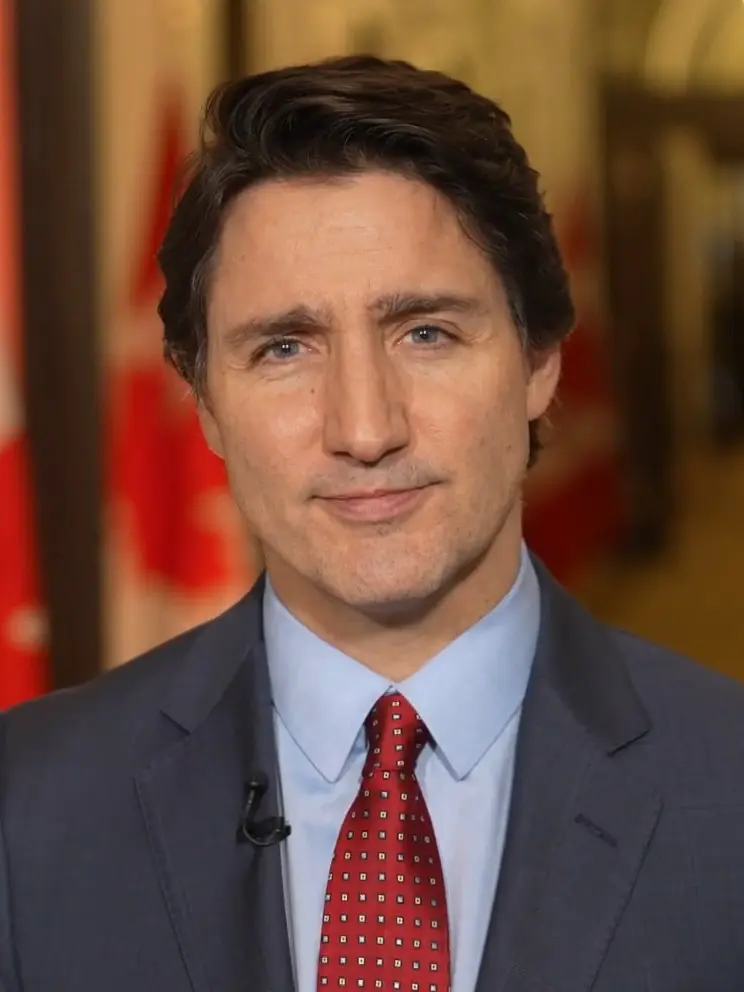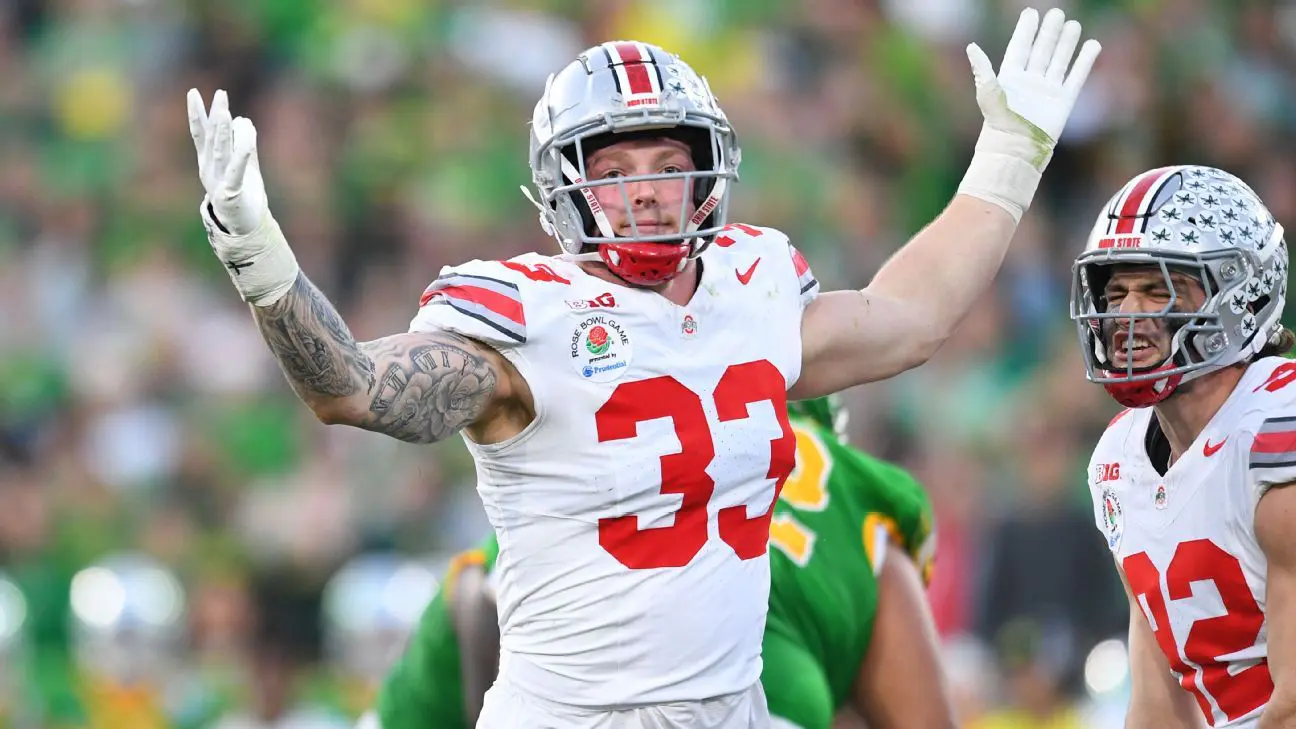Canada PM Trudeau is likely to announce resignation, source says
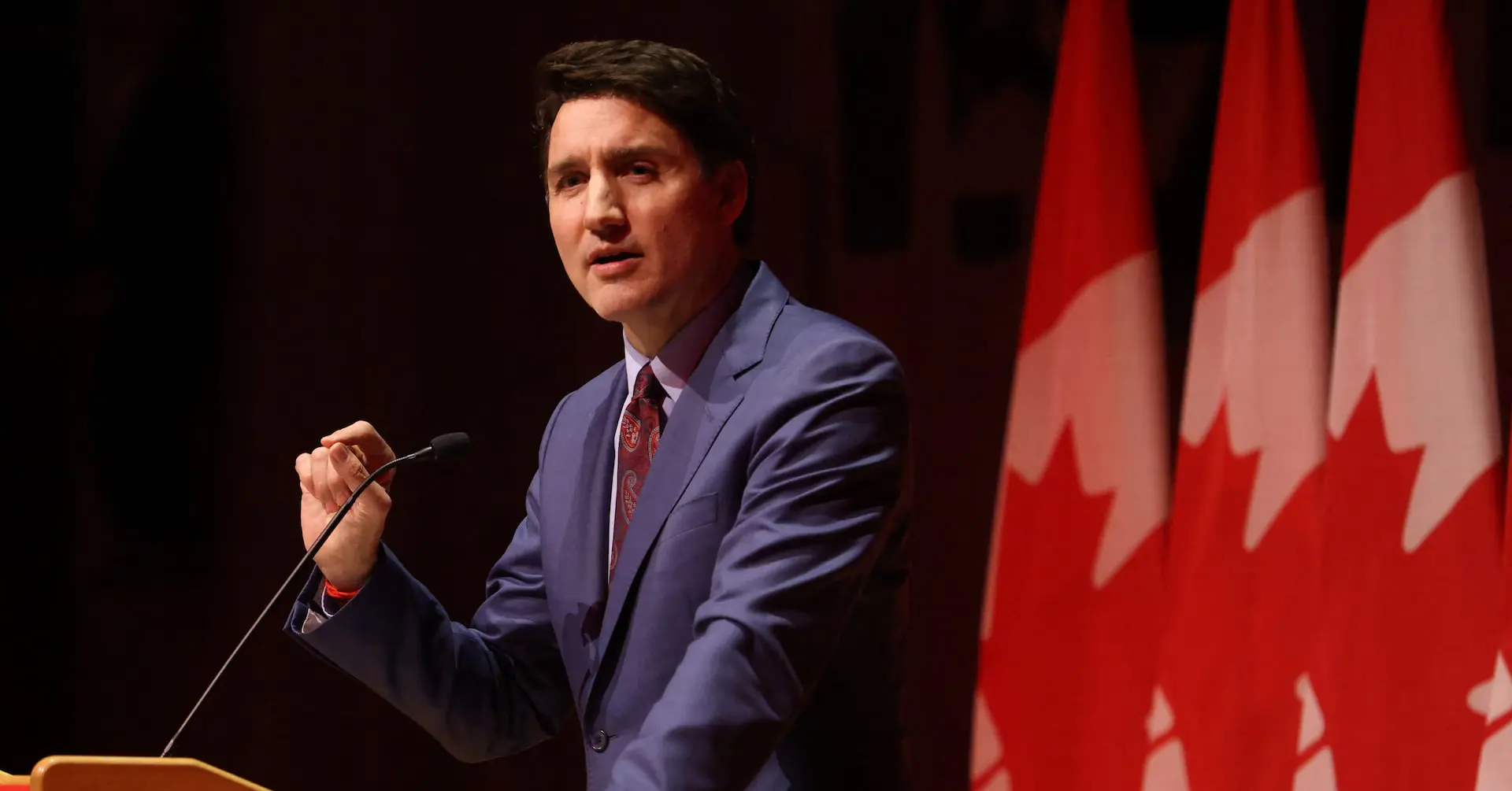
OTTAWA, Jan 5 (Reuters) - Canadian Prime Minister Justin Trudeau is increasingly likely to announce he intends to step down, though he has not made a final decision, a source familiar with Trudeau's thinking said on Sunday.
The source spoke to Reuters after the Globe and Mail reported that Trudeau was expected to announce as early as Monday that he would quit as leader of Canada's ruling Liberal Party after nine years in office.
The source requested anonymity because they were not authorized to speak publicly.
Trudeau's departure would leave the party without a permanent head at a time when polls show the Liberals will badly lose to the official opposition Conservatives in an election that must be held by late October.
Sources told the Globe and Mail that they did not know definitely when Trudeau would announce his plans to leave but said they expect it would happen before a emergency meeting of Liberal legislators on Wednesday.
An increasing number of Liberal parliamentarians, alarmed by a series of gloomy polls, have publicly urged Trudeau to quit.
The prime minister's office did not immediately respond to a request for comment outside regular business hours. The prime minister's regularly published schedule for Monday said he would participate virtually in a cabinet committee meeting on Canada-U.S. relations.
It remains unclear whether Trudeau will leave immediately or stay on as prime minister until a new Liberal leader is selected, the Globe and Mail report added.
Trudeau took over as Liberal leader in 2013 when the party was in deep trouble and had been reduced to third place in the House of Commons for the first time.
If he does resign, it would likely spur fresh calls for a quick election to put in place a stable government able to deal with the administration of President-elect Donald Trump for the next four years.
The prime minister has discussed with Finance Minister Dominic LeBlanc whether he would be willing to step in as interim leader and prime minister, one source told the newspaper, adding that this would be unworkable if LeBlanc plans to run for the leadership.
Trudeau, 53, had been able to fend off Liberal legislators worried about the polls and the loss of safe seats in two special elections.
But calls for him to step aside have grown since December, when Trudeau tried to demote Finance Minister Chrystia Freeland, one of his closest cabinet allies, after she pushed back against his proposals for more spending.
Freeland quit instead and penned a letter accusing Trudeau of "political gimmicks" rather than focusing on what was best for the country.
Trudeau propelled the Liberals to power in 2015 promising "sunny ways" and a progressive agenda that promoted the rights of women and a promise to fight climate change.
But the everyday realities of governing gradually wore him down and like many Western leaders, the need to deal with the effects of the pandemic ate up much of his time.
Although Ottawa spent heavily to protect consumers and businesses, racking up record budget deficits, this provided little protection from public anger as prices soared.
A botched immigration policy led to hundreds of thousands of arrivals, straining an already overheated housing market.
Canadian Prime Minister Justin Trudeau has announced his resignation. What happens now?
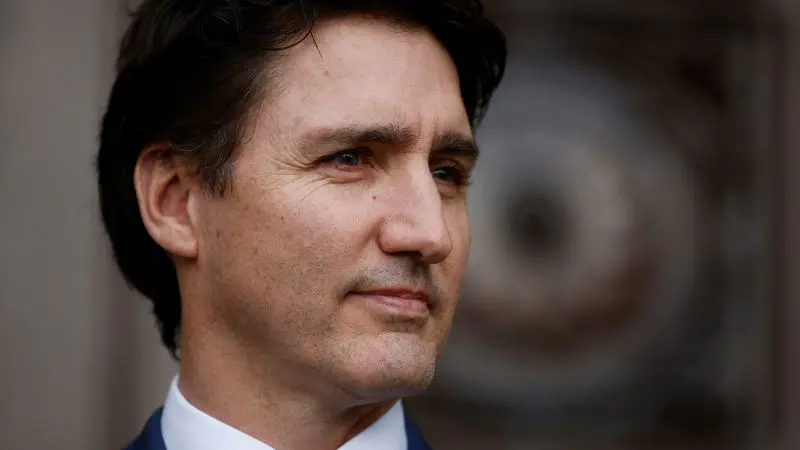
Prime Minister Justin Trudeau announced his resignation on Monday, saying he intends to step down from the top job and as the leader of Canada’s ruling Liberal Party once a new party leader is chosen.
“I intend to resign as party leader, as prime minister, after the party selects its new leader,” the 53-year-old leader told reporters at a news conference in Ottawa on Monday.
Canada’s parliament will be suspended until March 24 while a new Liberal Party leader is chosen, he also said.
Trudeau added that he has “one regret” – failing to reform Canada’s election process, ahead of a general election expected this fall.
“If I have one regret, particularly as we approach this election — well, probably many regrets that I will think of,” the outgoing leader said. “But I do wish we’d been able to change the way we elect our governments in this country so that people could simply choose a second choice, or a third choice on the same ballot.”
Trudeau, leader of the Liberal Party for 11 years and prime minister for nine, was facing a mounting set of crises, from Donald Trump’s tariff threats to the resignation of key allies and disastrous opinion polls. His resignation couldbe seen as choosing to jump before he is pushed, ahead of a general election to be held later this year that he is widely expected to lose.
Trudeau took the Liberals to power in 2015, promising “sunny ways” for Canada. He championed progressive issues like combating climate change and addressing historic abuses against Indigenous peoples, but the latter years of his premiership have been marked by rising economic discontent.
A viral confrontation with a steel worker, who criticized Trudeau for not addressing the high cost of living, captured the growing discontent among Canadians.
“You’re not really doing anything for us, Justin,” the worker remarked, highlighting a sentiment that resonated widely.
Trudeau’s government was also rocked last year by the surprise resignation of Deputy Prime Minister and Finance Minister Chrystia Freeland, just hours before she was due to deliver her annual fiscal update.
In a blistering letter of resignation, she criticized Trudeau’s “political gimmicks,” likely referring to a two-month sales tax holiday and 250 Canadian dollar ($175) rebates for most workers.
Freeland said Canada could “ill afford” these policies, seen as a pre-election handout to claw back some voters, and coming as the country faces the serious prospect of huge tariffs which could be levied by the incoming Trump administration.
US President-elect Donald Trump, set to return to the White House on January 20, has said he will sign an executive order imposing a 25% tariff on all products coming into the US from Canada. Trump has also taken to belittling Trudeau and the country of Canada on social media, referring to the prime minister as the “governor” of the “Great State of Canada.”
The Liberal Party national executive, which controls leadership issues, is scheduled to meet this week, likely after the caucus. Suspending parliament is designed to give the party time to choose a new leader.
Possible replacements include the former governor of both the Bank of England and Bank of Canada Mark Carney, foreign minister Mélanie Joly, and former deputy prime minister Chrystia Freeland.
The hope is that a new party leader could bring the Liberals out of their funk, before a general election set to be held on or before October 20. Current polls show Trudeau’s Liberal Party behind the opposition Conservative Party, led by the firebrand Pierre Poilievre.
“This country deserves a real choice in the next election and it has become clear to me that if I’m having to fight internal battles, I cannot be the best option in that election,” said Trudeau on Monday.
Trudeau was elected three times, most recently in 2021, when he remained in power but lost his governing majority. Since then, Poilievre’s Conservative Party has built a lead over the Liberal Party of more than 20% in national polling averages.
Trudeau told reporters on Monday that Poilievre’s conservative vision “is not the right one for Canadians.”
“Stopping the fight against climate change doesn’t make sense. Backing off on the values and strength and diversity that Canada has always, always, worked to pull itself together on is not the right path for the country. Attacking journalists, the CBC institutions, that’s not what Canadians need in this moment. We need an ambitious, optimistic view of the future – and Pierre Poilievre is not offering that,” he said.
Reacting to Trudeau’s resignation Monday, President-elect Trump doubled down on the idea that Canada and the US should merge.
“Many people in Canada LOVE being the 51st State. The United States can no longer suffer the massive Trade Deficits and Subsidies that Canada needs to stay afloat. Justin Trudeau knew this, and resigned,” he said on Truth Social.
“If Canada merged with the U.S., there would be no Tariffs, taxes would go way down, and they would be TOTALLY SECURE from the threat of the Russian and Chinese Ships that are constantly surrounding them. Together, what a great Nation it would be!!!” he added.
Poilievre, who has already found currency with the MAGA base, bolstering his position as a potential candidate for this year’s general election amid an incoming Trump administration, also seized on Trudeau’s resignation to make an offer to Canadian voters.
“Canadians can take back control of their lives and their country,” Poilievre said in a video post on X. “Take back control of our border. Take back control of immigration. Take back control of spending, deficits and inflation.
“We’ll cap spending, axe taxes, reward work, build homes, uphold family, stop crime, secure borders, rearm our forces, restore our freedom and put Canada first,” he said.
And Freeland, a possible contender to replace Trudeau, who said in December that she and Trudeau had “found ourselves at odds about the best path forward for Canada,” thanked him for his service on Monday.
“I thank Justin Trudeau for his years of service to Canada and Canadians. I wish him and his family the very best,” she wrote on X.
Trudeau said at Monday’s press conference that he had hoped Freeland would continue as his deputy, “but she chose otherwise,” declining to provide more detail on their conversations.
CNN’s Lex Harvey and Sana Noor Haq contributed reporting.
Why the Trudeau era has come to an end
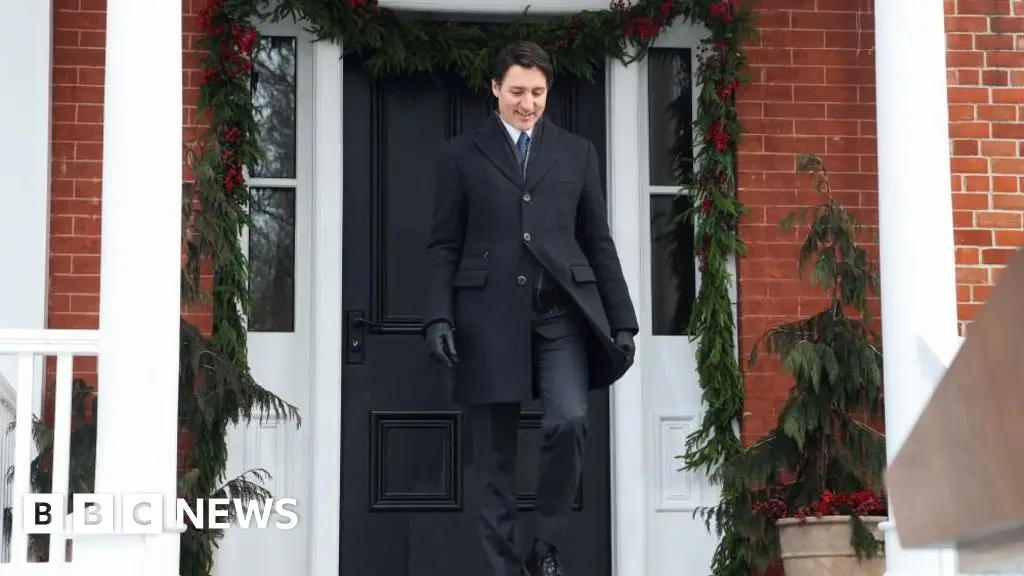
For months now, Canada's Prime Minister Justin Trudeau has been asked variations of the same question: "Will you step down?"
But though he vowed to stay on as Liberal Party leader - despite deepening frustrations amongst voters and a political rival surging in the polls - even the self-described "fighter" could not withstand the growing chorus of members of his own party calling for him to resign.
"This country deserves a real choice in the next election, and it has become clear to me that if I'm having to fight internal battles, I cannot be the best option in that election," Trudeau conceded on Monday, announcing his resignation in front of Rideau Cottage, his official residence for most of the last decade.
He will stay on as prime minister until a new Liberal Party leader is chosen, at a date yet to be set by the party.
Trudeau asked for parliament to be prorogued - or suspended - until 24 March to give time for the party to find a new leader.
Trudeau swept to power nearly a decade ago, heralded as the fresh face of progressive politics.
In 2015, swayed by his youthful charisma and a hopeful political message, voters catapulted the Liberals from a third-place party to holding a majority of seats in parliament - unprecedented in Canadian political history.
Now, he remains the only leader left standing among peers when he came into office, from Barack Obama to Angela Merkel, Shinzo Abe and David Cameron, and at 53 years old, is currently the longest-serving leader in the G7.
But in the years since his ascent to the global stage, and over two general elections, Trudeau and his brand have become a drag on the party's fortunes.
Paul Wells, a Canadian political journalist and the author of Justin Trudeau on the Ropes, recently told the BBC he believes Trudeau will be remembered "as a consequential" prime minister, notably for providing genuine leadership on issues like indigenous reconciliation and, to some extent, climate policy.
But he is also one "who felt increasingly out of touch with public opinion and was increasingly unable to adjust to changing times".
On Monday, Trudeau was quick to tout what he was proud of accomplishing in office, including navigating the tumultuous Covid pandemic, renegotiating a free trade deal with the last Trump administration, and implementing a child benefit widely seen as helping alleviate poverty.
But a series of ethics scandals early on began to take the sheen off the new government - he was found to have violated federal conflict of interest rules in the handling of a corruption inquiry – the SNC-Lavalin affair - and for luxury trips to the Bahamas.
In 2020, he faced scrutiny for picking a charity with ties to his family to manage a major government programme.
In a general election in 2019, his party was reduced to a minority status, meaning the Liberals had to rely on the support of other parties to stay in power.
A snap election in 2021 did not improve their fortunes.
More recently, Trudeau faced headwinds from cost of living increases and inflation that have contributed to election upsets around the world.
There was also frustration in the country over what was seen as struggles to deliver on big promises - an agenda that was "overfilled, overstuffed", said Mr Wells - and his handling of issues like immigration.
Late last year, the Liberals backtracked on ambitious immigration targets over concerns the issue was mismanaged, significantly cutting back on the number of newcomers allowed in Canada.
He also sometimes handed his opponents easy political wins, including when it came to light that he had worn black and brown face before holding office.
After more than nine years in power, he is among Canada's longest serving prime ministers, and there is a general sense of fatigue and frustration with his government.
So the writing was on the wall.
A series of political blows made it clear Trudeau's days were numbered.
Over the summer, voters rejected Liberal candidates in a handful of special elections in once-safe Liberal seats, leading to the beginning of internal party unrest.
He had become an increasingly polarising figure for the electorate - with Trudeau saying on Monday "it's time for a reset" and for the "temperature to come down" in Canadian politics.
Andrew Perez, a principal at Perez Strategies, said it will be a challenge now for the Liberals to distance themselves from the Trudeau brand.
"That was a major aspect of their success - but that worked until it didn't," the Liberal strategist told the BBC.
Public opinion polls for the Liberals had reached new depths in recent weeks, and attempts to change course with cabinet shuffles and tax breaks failed to make a dent.
A survey conducted over the holidays by the Angus Reid Institute suggested the lowest level of support for the party in their tracking, dating back to 2014.
Polls suggest the Conservatives - led by Pierre Poilievre, a 45-year-old career politician with a talent for a sharp campaign catchphrase - would win an election handily if it were held today.
The next election must be held by October, although both Poilievre and Jagmeet Singh, leader of Canada's New Democratic Party, have said they will seek to send Canadians to the polls as soon as parliament is back in March.
The political instability comes as the country faces a number of challenges - not least the vow by US President-elect Donald Trump, who takes office on 20 January, to impose of 25% tariffs on Canadian goods.
Yet still, up until the very end, Trudeau seemed determined to hang on, citing his desire to face Poilievre - his ideological opposite - in the polls.
But the shock resignation of Trudeau's key deputy, former Finance Minister Chrystia Freeland, in mid-December - where she cited his perceived failure to not take Trump's threats seriously - proved to be the final straw.
Members of his own party began to make it publicly clear they no longer supported his leadership.
And with that, the last domino fell.
Canada's embattled PM Justin Trudeau announces he will step down
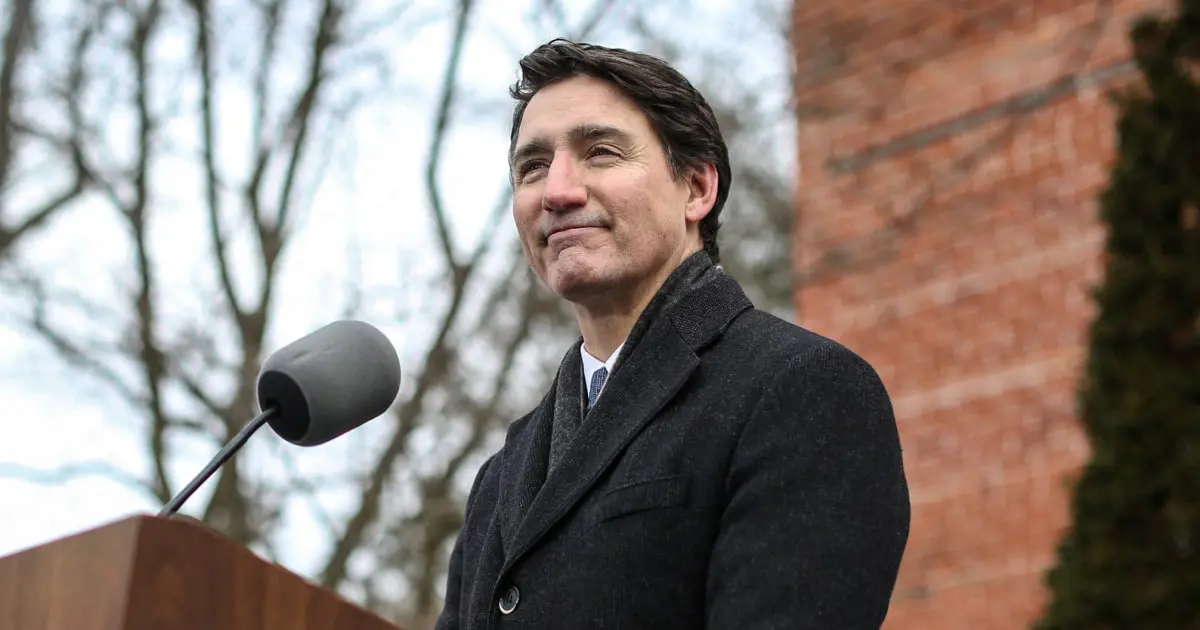
Justin Trudeau said Monday that he will resign as the leader of Canada's ruling Liberal Party, an announcement that will fire the starting gun on a contest to replace him as prime minister.
Trudeau said it was clear that he could not "be the leader during the next elections due to internal battles," later citing polarization inside and outside the country.
"I intend to resign as party leader, as prime minister, after the party selects its next leader through a robust, nationwide competitive process," Trudeau told reporters in Ottawa. "Last night, I asked the president of the Liberal Party to begin that process."
The beleaguered prime minister's departure follows growing calls for his resignation from member of his own party, with the Liberals lagging behind the opposition Conservative Party in opinion polls and internal battles raging over his handling of President-elect Donald Trump.
That pressure rose with the resignation of Deputy Prime Minister Chrystia Freeland last month. Freeland, who was also the finance minister, quit unexpectedly citing concerns over the Trudeau administration's relatively cooperative approach to the incoming Trump administration's plan to increase import tariffs on Canadian goods by 25%.
Front-runners to replace Trudeau include former and current finance ministers Freeland and Dominic LeBlanc, as well as Foreign Affairs Minister Mélanie Joly.
“For the past number of weeks, you and I have found ourselves at odds about the best path forward for Canada,” Freeland said in her resignation letter, adding that the country can “ill afford” Trump's tariff threats.
The longterm Trudeau ally added that leaving the Cabinet was the only “honest and viable path.”
During his remarks Monday, Trudeau called Freeland "an incredible political partner" and said he had hoped she would stay on as deputy prime minister, "but she chose otherwise."
"In regards to what actually happened, I am not someone who's in the habit of sharing private conversations," Trudeau said about Freeland's resignation.
After Trudeau's announcement, Freeland took to X to thank the prime minister for his years of service.
"I wish him and his family the very best," Freeland wrote.
Trudeau, who swept to power in late 2015 and has governed for nine years, was once the most popular leader in the Group of Seven, the world's most advanced liberal economies.
But the party’s popularity has declined rapidly against the opposition over the past year. The latest survey released Friday by the Canadian research firm Angus Reid found that voter support for the Liberals had sunk to an all-time low of 16%.
What was already a difficult year for Trudeau got even harder when Trump said after being re-elected in November that he would sign an executive order imposing tariffs on all products coming to the United States from Mexico and Canada.
“On January 20th, as one of my many first Executive Orders, I will sign all necessary documents to charge Mexico and Canada a 25% Tariff on ALL products coming into the United States, and its ridiculous Open Borders,” he said in a post on Truth Social.
Days later, Trudeau visited the president-elect at his Mar-a-Lago estate in Florida, later writing in a post on X: “Thanks for dinner last night, President Trump. I look forward to the work we can do together, again.”
Trump has since taken jabs at Trudeau and Canada, suggesting making the country America's 51st state and referring to the prime minister as the “governor” of the “Great State of Canada.”
Anticipation about Trudeau’s resignation increased after a report Monday from Canada’s Globe and Mail, which said he would resign in advance of a key national caucus meeting due to take place Wednesday because he had come to the conclusion that he no longer had sufficient political support.
Trudeau's popularity was waning before his recent handling of the prospect of fresh American tariffs. Many working-class and young Canadians blame him for the country's high rate of inflation and long-running political chaos.
Last August, a tense exchange between Trudeau and a disgruntled steel worker in northern Ontario went viral after the worker refused to shake the prime minister’s hand, saying he was struggling to make ends meet despite having a steady job.
“I think you are only here for another year,” the worker said in a clip that went viral on social media.
Trudeau also said that he feels it is time for a government reset in the country, as Parliament "has been entirely seized by obstruction and filibustering and a total lack of productivity over the past few months." He said he hopes that the end of the parliamentary session and him leaving office will ease political polarization.
"It's time for the temperature to come down, for the people to have a fresh start in Parliament, to be able to navigate through these complex times, both domestically and internationally," he said.
Leader of the Conservative Party Pierre Poilievre released a video following Trudeau's announcement enumerating what he said were the failings of the Liberal-controlled government.
"Every Liberal MP in power today and every potential Liberal leadership fighting for the top job helped Justin Trudeau break the country over the past nine years," Poilievre said.
The Liberals hold 153 out of 338 seats in the House of Commons, meaning they form a precarious minority government. New elections will be held by late October.
Canada’s Prime Minister Justin Trudeau announces decision to step down
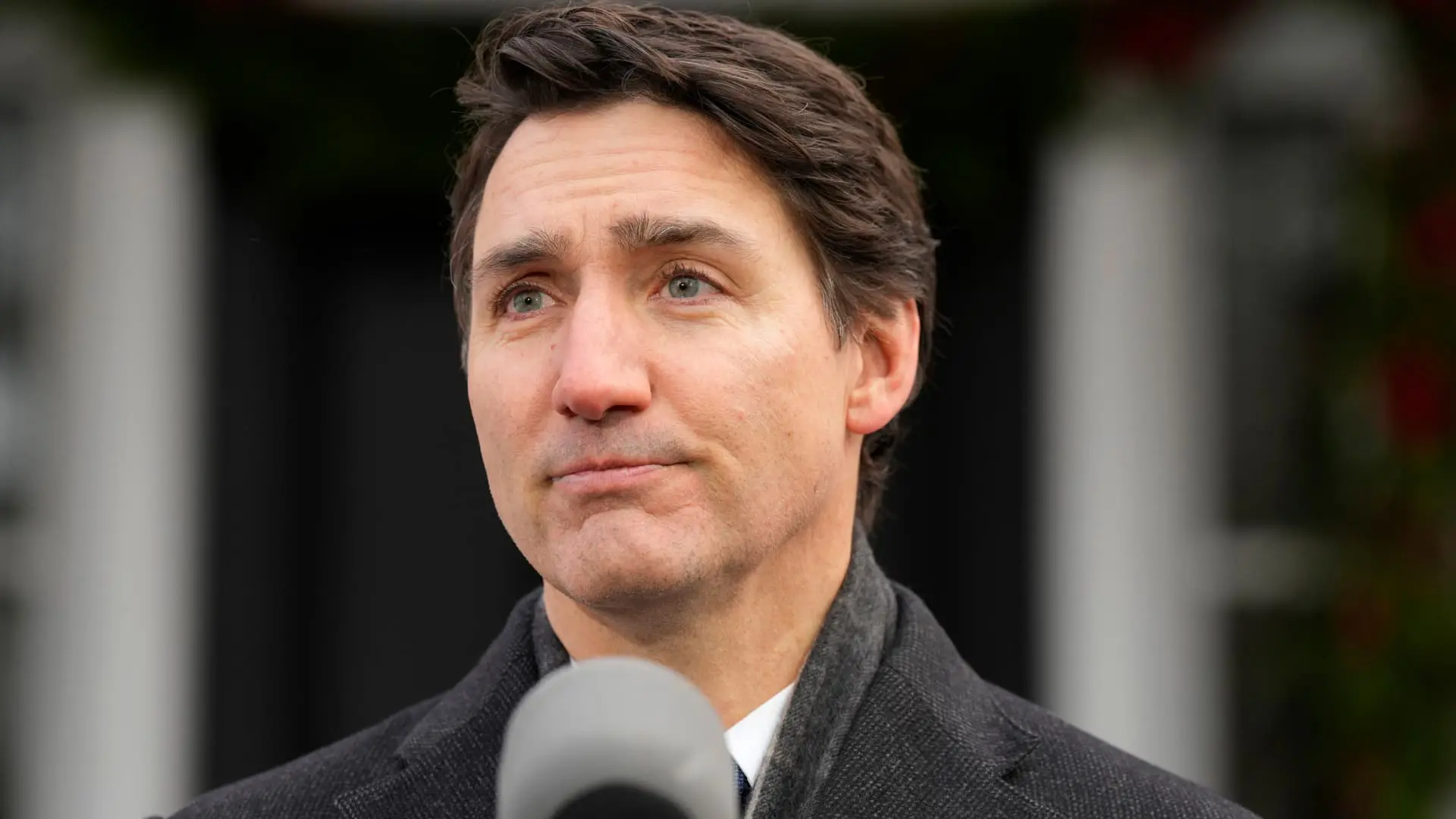
Canada's Justin Trudeau on Monday said he would step down from the helm of the ruling Liberal Party, but will stay on as prime minister until a new leader is selected ahead of general elections due by late October.
"I intend to resign as party leader, as prime minister after the party selects its next leader through a robust nationwide, competitive process," he said during a Monday news conference. "Last night, I asked the president of the Liberal Party to begin that process. This country deserves a real choice in the next election, and it has become clear to me that if I'm having to fight internal battles, I cannot be the best option in that election."
He added that the Canadian Parliament will be prorogued — suspending its activity — until March 24, when a confidence vote will be carried out.
"Parliament has been entirely seized by obstruction and filibustering and a total lack of productivity over the past few months. We are right now the longest serving minority government in history, and it is time for a reset," Trudeau said.
Domestic press had reported he was expected to announce his resignation before a key national caucus meeting on Wednesday. Canadian stocks were slightly higher following the news. The S&P TSX index was up 0.1%, and the Canadian dollar gained 0.5% to 1.4373 against its U.S. counterpart. The iShares MSCI Canada ETF (EWC) climbed 0.5%.
Canada's latest political crisis was triggered by the abrupt departure of former Trudeau ally and Deputy and Finance Minister Chrystia Freeland, who resigned in December, citing differences over Ottawa's response to prospective U.S. trade nationalism over the next four years under President-elect Donald Trump's incoming administration.
Dominic LeBlanc has since been appointed to succeed her and head the finance ministerial portfolio.
Trudeau, 53, who assumed office in 2015 and won reelection twice, suffered a plunge in voter popularity to just 19% in the wake of Freeland's departure, pollster Abacus Data found on Dec. 17. The Angus Reid Institute on Dec. 30 pronounced a "bruising year for federal Liberals" and assessed just 16% of popular support for the party — its weakest level since the institute began tracking in 2014. Trudeau's resignation leaves a successor at most mere months to prepare an electoral campaign.
The opposition Conservative Party now has a more than 20% lead in the polls ahead of general elections — and its firebrand leader, Pierre Poilievre, has gained the compliments of Trump ally Elon Musk, who recently praised his "great interview."
Despite growing calls for his resignation, Trudeau had demurred on taking the step since the middle of December, and the Liberal Party lacks a mechanism to evict its leader nonconsensually.
In a fresh blow to Trudeau, Jagmeet Singh, leader of allied left-wing New Democratic Party, on Dec. 20 announced in an open letter the intention to introduce a motion to topple Trudeau's government, paving the path for an election.
"Justin Trudeau has failed in the most important task beholden to a prime minister: working for the people and not for the powerful," Singh said, according to a CNBC translation. "The liberals of Justin Trudeau have made many beautiful promises. Yet they have let down the people, again and again."
Trudeau has recently presided over a Canadian economy that only just heeled inflation below its 2% target in November, but remains battered by household debt, rising unemployment, the worst productivity performance in the Organization for Economic Cooperation and Development in 2023 and panoptic exposure to the U.S. – where Trump, belittling "governor" Trudeau, has already teased the possibility of both 25% tariffs and annexation.
Differences over Canada's response to Trump's "aggressive economic nationalism" finally splintered Freeland from Trudeau last month.
"We need to take that threat very seriously," she warned in her resignation letter, stressing "the serious challenges presented by the United States" and urging pushback against “'America First' economic nationalism with a determined effort to fight for capital and investment and the jobs they bring."
— CNBC's Fred Imbert contributed to this report.
